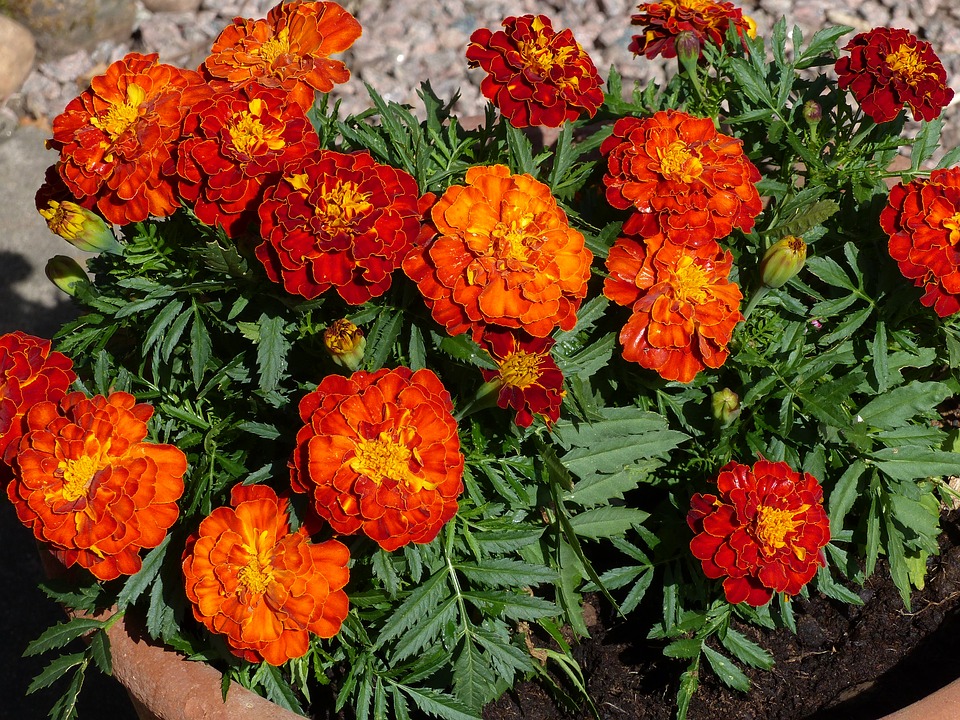Plants and Herbs That Naturally Repel Mosquitos

1. Citronella Geranium
Not all citronell geraniums will repel mosquitos, but this particular kind (formally known as Pelargonium Citrosum) will produce an aroma that smells like citronella oil and ward off bugs.
2. Floss Flower
These are not the most powerful repellant, but they do produce an aroma that mosquitos are not fond of.
3. Citronella
This was originally used as a perfume. Essential oils and extracts from this plant are very effective at keeping mosquitos away. These plants are now a go-to ingredient for many commercial repellants.
4. Peppermint

 Food and lawn waste makes up 25% of all waste in landfills. These natural materials are biodegradable, but they do not break down in landfills properly because they are so densely packed with other waste, and the biodegradable waste needs oxygen to properly break down.
Food and lawn waste makes up 25% of all waste in landfills. These natural materials are biodegradable, but they do not break down in landfills properly because they are so densely packed with other waste, and the biodegradable waste needs oxygen to properly break down.
Mulching In The Fall
Think of mulch as a blanket to plants and shrubs. Mulch creates a barrier between the cold and surface snow. It will keep the temperature much warmer and in the summer it keeps the ground underneath much cooler.
A good mulch bed should extend out at least 3 feet from a tree trunk in all directions, although extending to the drip line is preferred. The depth should be maintained at 2 to 4 inches. Having a mulched garden will suppress weeds, slow moisture evaporation, and break down into the underlying soil gradually, which will improve the soil’s texture. For a healthy garden in spring, be sure to mulch in the fall as well.